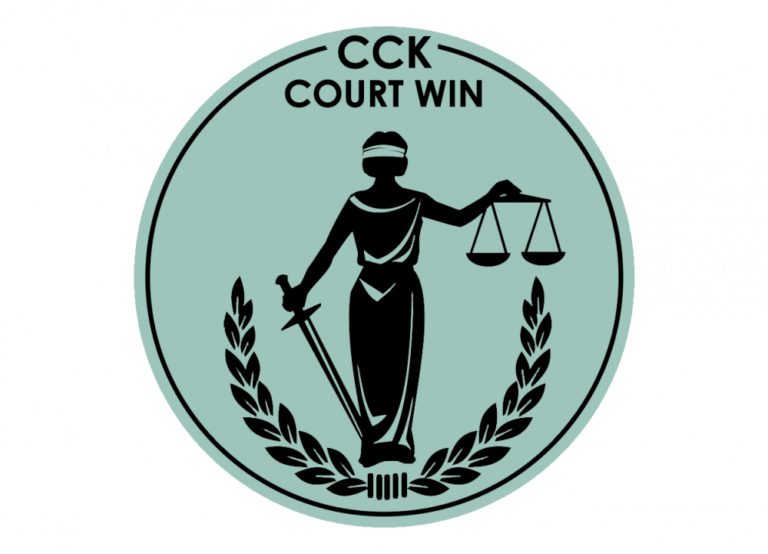Denial of increased rating for Veteran’s foot disability was premature

Summary
The Veteran served in the United States Army from 1967 to 1968. In 1969, the VA Regional Office assigned a 10 percent rating for the veteran’s bilateral hammer toes, and increased the rating to 30 percent in 1976. In 2009, the Veteran filed a claim for an increased rating. X-rays showed osteoarthritic changes, and the Veteran suffered from severe foot pain and difficulty walking. The Regional Office denied an increased rating. Subsequently, the Veteran’s foot pain worsened.
Board denied an increased rating for Veteran’s foot disability
In September 2016, the Board of Veterans’ Appeals denied a rating in excess of 30 percent for bilateral hammer toes, including on an extraschedular basis. The Board determined the schedular rating criteria contemplated the Veteran’s symptoms, including pain and tenderness, which the rating criteria do not specifically mention. The Board remanded the issue of the Veteran’s entitlement to a rating for Total Disability Based on Individual Unemployability (TDIU) for the Regional Office to obtain additional treatment records and refer the matter of TDIU to the Director of Compensation Service.
CCK appeals to the Court, which agrees with CCK’s arguments
CCK successfully appealed to the Court of Appeals for Veterans Claims the denial of an increased rating for the Veteran’s bilateral foot disability. CCK argued, and the Court agreed, that the Board should have remanded the issue of extraschedular consideration together with entitlement to TDIU. The Court agreed that further development of TDIU “could lead to the discovery of new evidence that might significantly impact the issue of extraschedular consideration for his hammertoes disability.” The Court emphasized that the Board’s remand instructions “were not limited to gathering evidence for a specific TDIU determination, but also evidence describing [the Veteran’s] overall medical condition caused by his foot disability.” Accordingly, the Court vacated the Board’s decision and remanded the claim for readjudication.
About the Author
Share this Post
